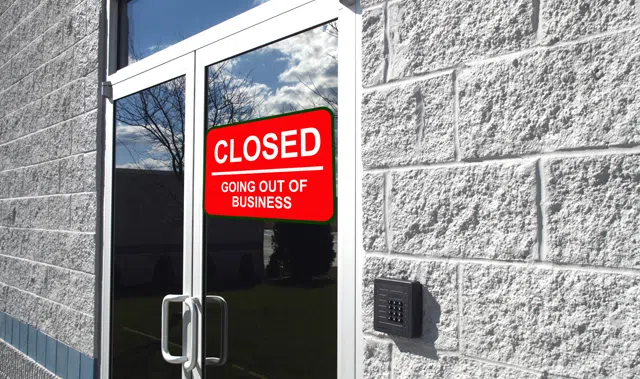
Closing a company requires strict compliance with the laws and regulations of the relevant Thai government agencies. Financial, auditing, and legal aspects of the company must be settled accordingly.
1. Provided by its regulations.
2. The formation of the company is for a specified period, by the expiration of such period.
3. The company intends to operate for a single undertaking, by the termination of that undertaking.
4. A special resolution to dissolve the company.
5. The company is bankrupt.
1. Default in filing the statutory report or in holding the statutory meeting.
2. The company does not commence business within a year from its registration date or suspends its business for a whole year.
3. Carrying on the business of the company at a loss and there is no prospect of retrieving its fortunes.
4. Reduction of the shareholder’s number to less than 2.
A shareholders’ meeting must be held to discuss the liquidation process and confirm the appointment of the liquidator(s). The liquidators have the authority to settle the affairs of the company, to pay its debts, and to allocate its assets. At least 14 days before the meeting, invitation letters must be published in the local press and distributed by registered mail to every shareholder of the company. Plus, the notice shall be sent to the creditors as well.
Within 14 days after the business’s agreed closing date, the dissolution of the company and the names of the liquidators must be registered with the Department of Business Development (DBD), Ministry of Commerce. The liquidators are required to produce the company’s financial statement within 3 months, have the designated auditor evaluate and certify it, and then notify the public by placing an advertisement in a local newspaper declaring the company’s liquidation to warn its creditors, if any.
The stockholders’ outstanding shares may need to be paid in full at once by the liquidators. If the liquidators discover that the assets are still not enough to cover the liabilities after the shares have been paid off, they must begin following up the debts.
The company must submit its tax return and pay any outstanding taxes. Companies that have registered for VAT must submit an application for VAT de-registration 15 days before their business closes, and they must also give their tax ID card and VAT Registration Certificate (Por Por 20) back to the Revenue Department.
Until the liquidation process is complete and the Revenue Department has sent the DBD a letter certifying that the company is tax-free, the liquidators must submit a report of their activities detailing the accounting of the liquidation process every three months. The DBD will then issue a document stating that the company has successfully concluded its liquidation.
The liquidator must call the final shareholders’ meeting once all of the company’s assets and obligations have been properly liquidated in order to deliver an account report of the liquidation outlining how the process was carried out and how the company’s assets were disposed of. After the account report is approved, the liquidators have fourteen days from the meeting’s date to register the proceedings with the DBD. This registration is viewed as the liquidation’s conclusion. The balance sheets of the liquidated firm must be deposited with the DBD within fourteen days of the liquidation. There, they must be retained after the liquidation is complete and made available for public view.
It is strongly advised to appoint a skilled legal team to promptly and efficiently handle this complex process. Magna Carta’s team of professional accountants can guide you through the laws and procedures for closing a company in Thailand. Book an appointment now!